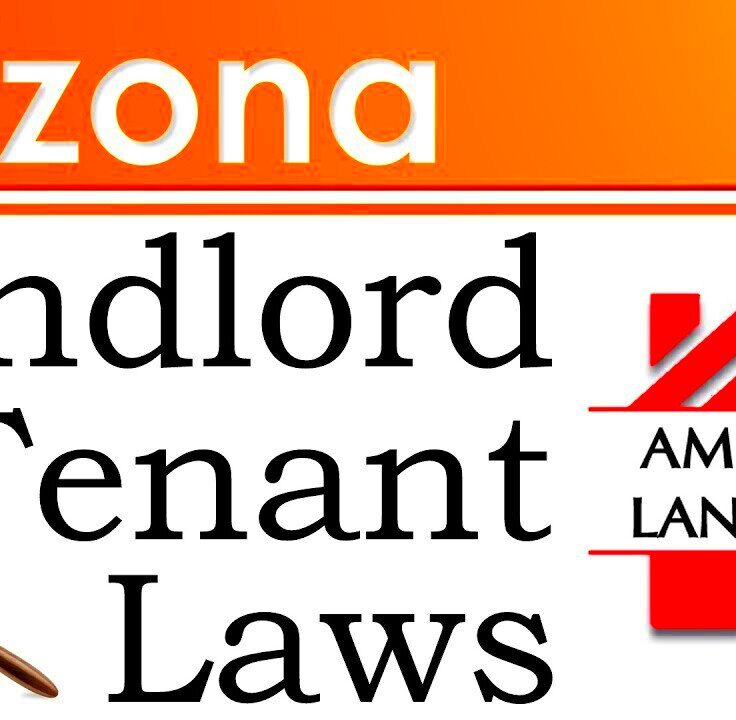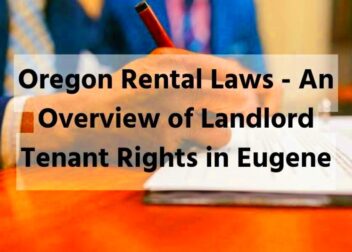Key Points of Arizona Landlord-Tenant Rights
In Arizona, it is important for both landlords and tenants who have signed a lease agreement to understand their rights. If you know your rights and responsibilities you will avoid problems with others and properly use rented space. For this reason, tenants become advocates of themselves while enabling landlords to keep their properties in good shape and improve relationships with them. Major things taught in this section will set the stage for specific issues discussed later on.
Overview of Rental Agreements in Arizona
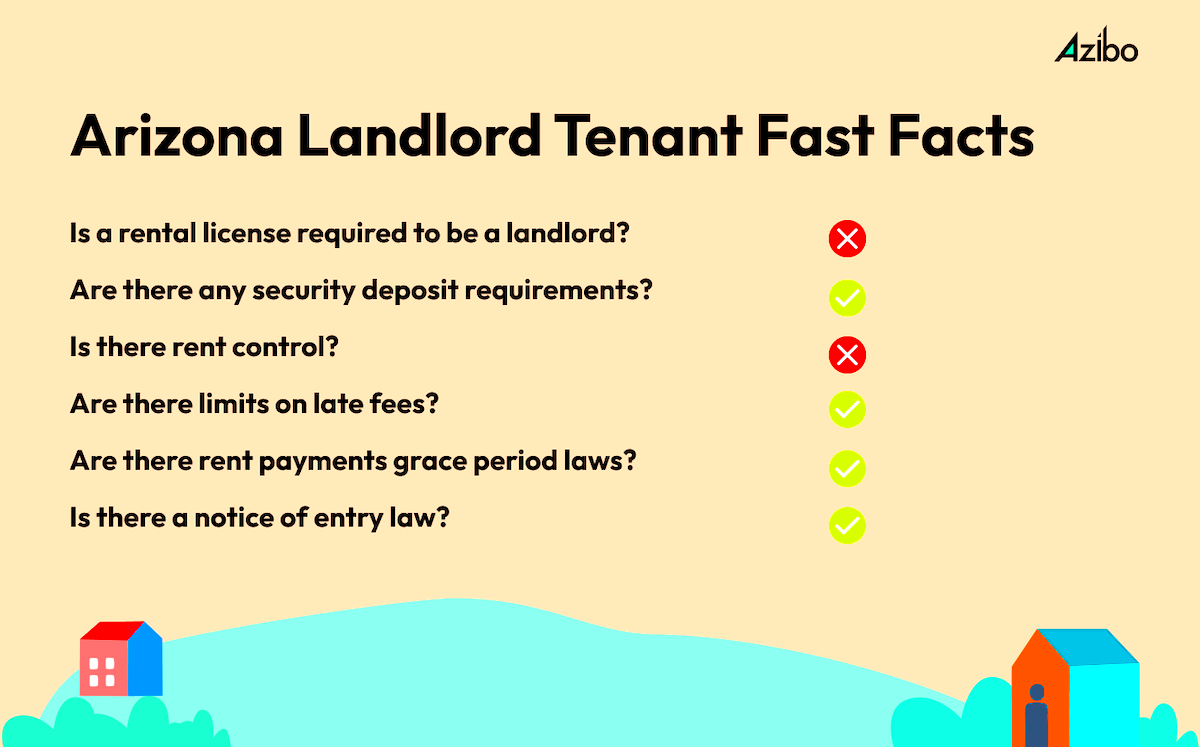
A rental agreement is an essential document that defines the parameters of the relationship between landlords and tenants. In Arizona, these agreements may either be written or oral but having a written one would be highly recommended for clarity. The following are some necessary parts of a rental agreement:
- Names of Parties: The full names of the landlord and tenant should be included.
- Property Description: A clear description of the rental property, including the address.
- Rent Amount: The total amount of rent, payment frequency, and acceptable payment methods.
- Lease Duration: The start and end dates of the rental agreement.
- Security Deposit: The amount required, its purpose, and conditions for its return.
- Rules and Regulations: Any specific rules regarding the use of the property.
Before signing it is crucial that both landlords and tenants understand all of the terms in the rental agreement. This will prevent any confusion, which makes having a clear rental agreement essential for the landlord-tenant relationship.
Landlord Responsibilities and Obligations
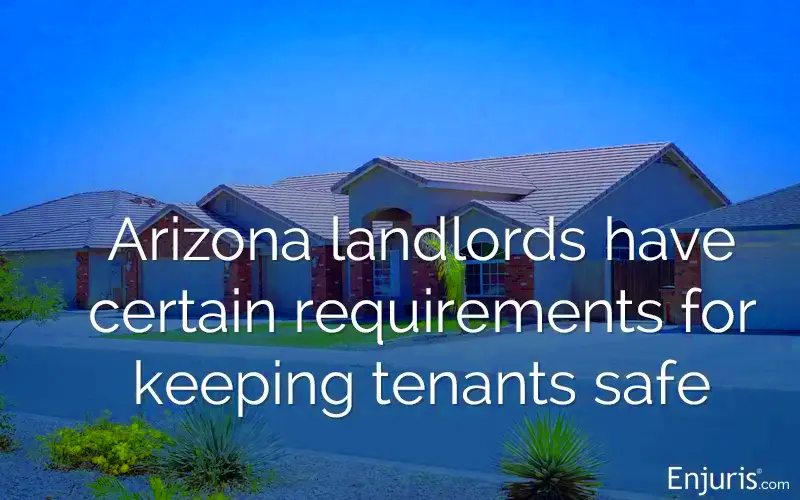
The responsibilities that Landlords in Arizona have for ensuring their properties are livable and secure for tenants. These legal requirements are not just best practices. Here are a few significant duties:
- Maintenance and Repairs: Landlords must keep the property in a safe and habitable condition. This includes fixing plumbing issues, heating problems, and electrical hazards.
- Health and Safety: Properties must meet health and safety codes, including adequate ventilation and pest control.
- Privacy: Landlords must respect the tenant’s right to privacy, providing reasonable notice (usually 48 hours) before entering the rental unit.
- Handling Security Deposits: Landlords must comply with Arizona laws regarding the collection, holding, and return of security deposits, including providing a written receipt.
- Communicating Changes: Landlords are required to inform tenants of any changes in rental terms or conditions, including rent increases.
This implies that landlords are meeting legal requirements through these obligations while also enhancing their relationship with tenants positively and respectfully. Ideally, this should result in longer tenancies coupled with improved property maintenance.
Tenant Rights and Protections
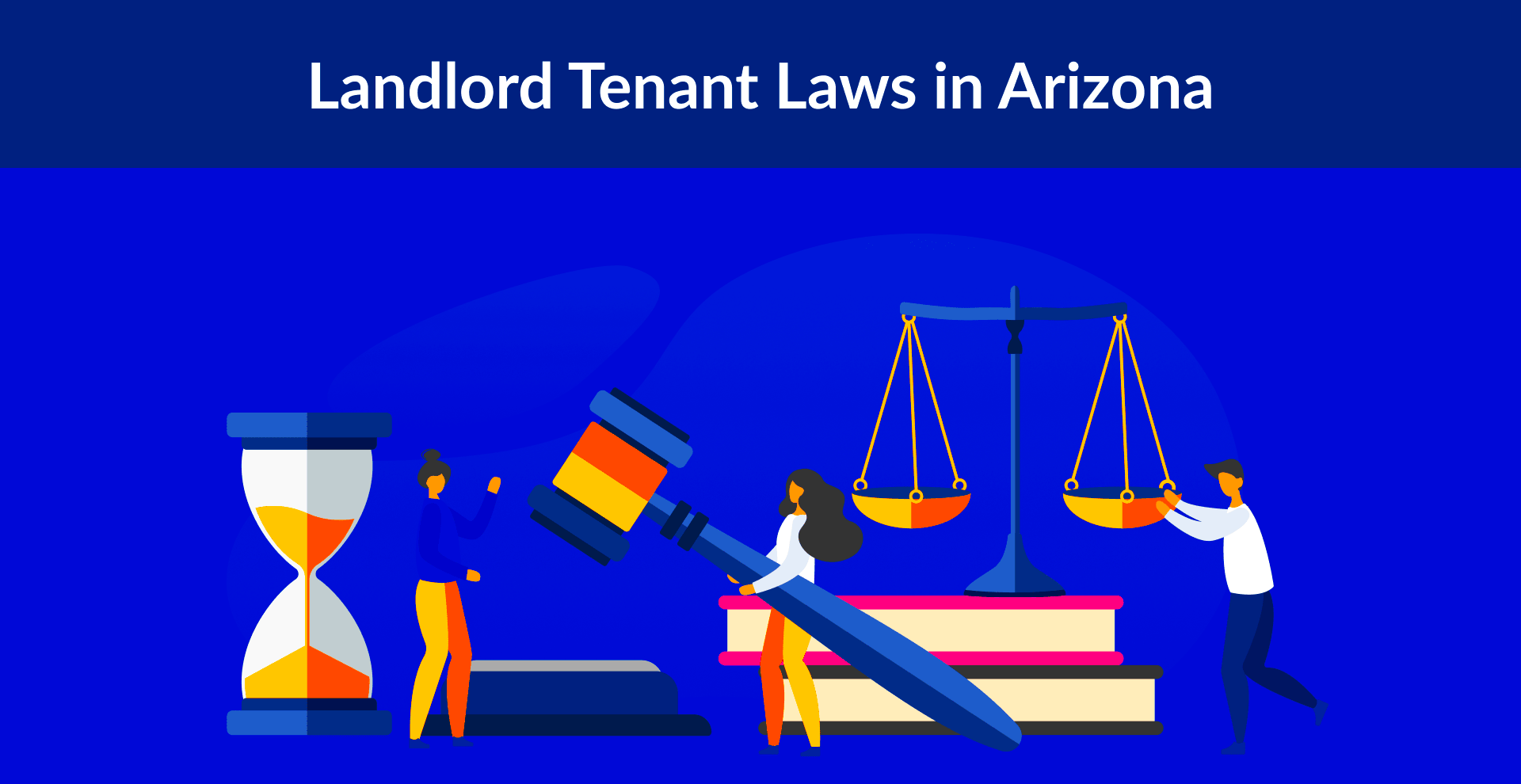
In Arizona, every tenant possesses distinct rights that have been specifically created to protect them during their rental experience. It’s crucial to comprehend these rights as it is the basis for a just and equitable living atmosphere. Be it sharing a small room or living in an entire house, having knowledge of the available protective measures can alter your situation remarkably. Here are some essential rights all tenants should be conversant with:
- Right to a Habitable Home: Tenants are entitled to live in a property that meets basic health and safety standards. This includes functioning plumbing, heating, and safe electrical systems.
- Right to Privacy: Landlords cannot enter the rental property without proper notice, which is typically 48 hours, except in emergencies.
- Protection from Retaliation: If a tenant exercises their rights (like complaining about repairs), landlords cannot retaliate by raising rent or evicting them.
- Right to Fair Housing: Tenants cannot be discriminated against based on race, gender, religion, disability, or other protected characteristics.
- Right to Security Deposits: Tenants have the right to receive their security deposit back within a specific timeframe after moving out, minus any lawful deductions.
These rights provide structure for a respectful relationship between landlords and tenants. If at any point you think that your rights may have been infringed upon, it is very important for you to reach out for legal counsel or support from regional tenant advocacy organizations.
Security Deposits and Their Regulations
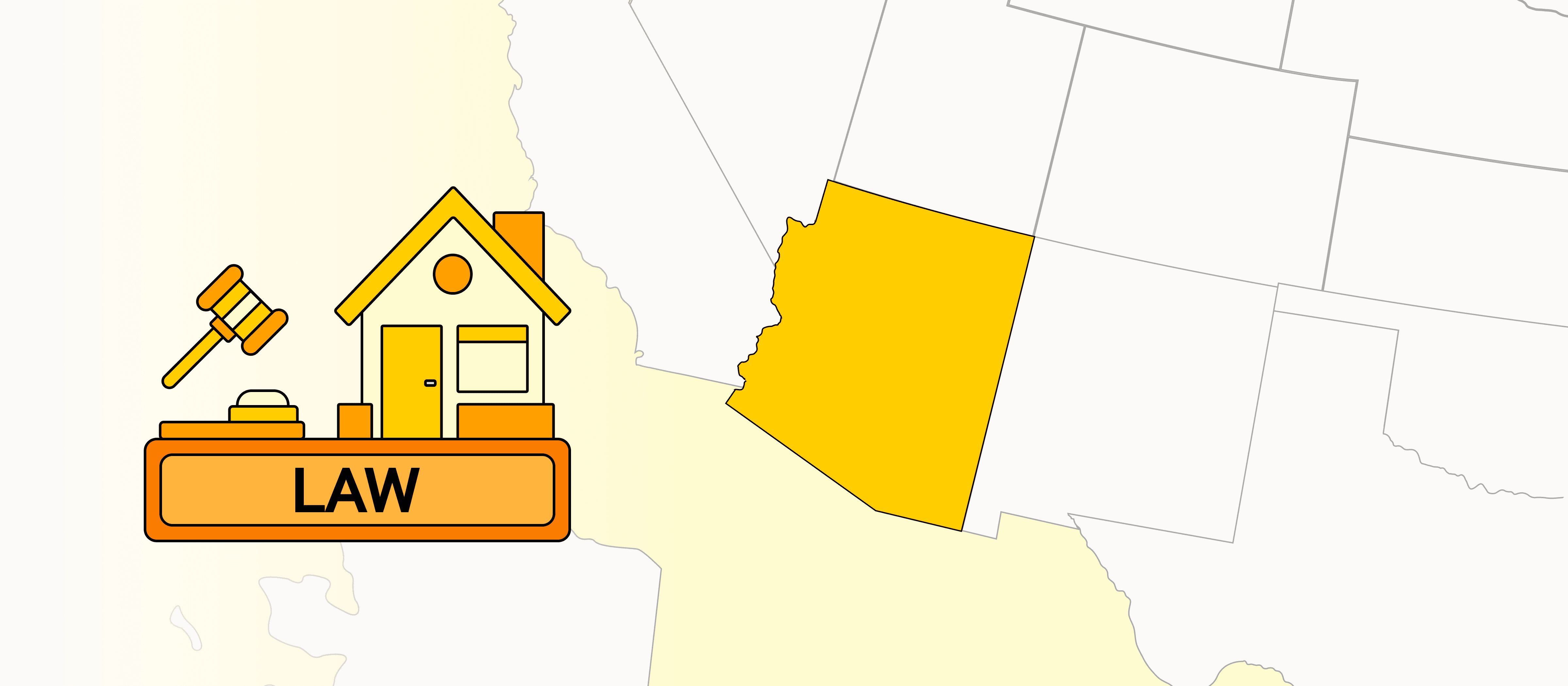
In Arizona, rental agreements frequently necessitate security deposits. These serve as a protective measure for landlords in case of possible renters’ damages or unpaid rents. Nevertheless, guidelines are in place regarding handling of such deposits. Thus, the actors involved must have knowledge about them in a bid to escape conflicts. The following information is crucial:
- Maximum Amount: Arizona law allows landlords to charge a security deposit equal to one and a half times the monthly rent. For example, if the rent is $1,000, the maximum deposit can be $1,500.
- Written Receipt: Landlords must provide a written receipt for the security deposit when it is collected.
- Return of Deposit: After a tenant moves out, landlords must return the security deposit within 14 days, along with an itemized list of any deductions made.
- Permissible Deductions: Landlords can deduct costs for unpaid rent, repairs beyond normal wear and tear, and cleaning if the property is not left in good condition.
- Dispute Resolution: If a tenant disagrees with deductions made from their deposit, they have the right to request an explanation and can seek legal action if necessary.
It is essential for both the landlords to be fair and the tenants to get back their rightful security deposits through understanding of these regulations.
Eviction Process and Tenant Protections
Even though being thrown out of one’s house can be quite frightening to abide by it with so much anxiety and fear going on in the mind. However, it is important for each and every tenant to know their rights when faced with eviction. It is expected that all landlords in Arizona follow legal guidelines when removing a tenant from the property. When one knows these procedural steps, then she/he will have interest in protecting her/his right through realizing the significance of justice. Here is an explanation of how evictions occur:
- Notice Requirements: Before initiating an eviction, landlords must provide a written notice to the tenant, stating the reason for eviction. Common types of notices include:
- 3-Day Notice to Pay Rent or Quit: For non-payment of rent.
- 5-Day Notice to Cure or Quit: For lease violations that can be fixed.
- 30-Day Notice to Terminate: For month-to-month tenancies without cause.
- Filing an Eviction Lawsuit: If the tenant does not comply with the notice, the landlord can file a lawsuit in court for eviction.
- Court Hearing: Both parties will have the opportunity to present their case in court. It’s important for tenants to attend and defend their rights.
- Judgment: If the court rules in favor of the landlord, an eviction order will be issued. However, tenants can appeal the decision in some cases.
During this duration, renters are safeguarded from illegal evictions and prejudice. Hence, getting legal counsel can assist in overcoming these difficulties so that your rights are considered at all times in this difficult period.
Dispute Resolution Options for Landlords and Tenants
From late check payments to property maintenance disagreements, landlords and tenants may have conflicts for different reasons. Luckily, there are numerous ways to quickly settle these disputes without resorting to lengthy legal battles. Knowing about them can save both parties time, money and stress. Moreover, here are some of the most effective ways of resolving disputes:
- Open Communication: The first step should always be open dialogue. Many issues can be resolved simply by discussing the problem. Both parties should aim to communicate clearly and respectfully.
- Mediation: This is a voluntary process where a neutral third party helps facilitate a conversation between the landlord and tenant to find a mutually acceptable solution. Mediation can often lead to a quicker resolution.
- Arbitration: In arbitration, a neutral third party makes a binding decision based on the evidence presented. This can be a quicker and less formal alternative to court.
- Small Claims Court: For disputes involving a small amount of money (up to $3,500 in Arizona), small claims court can be a suitable option. The process is simplified, and you don’t need an attorney.
- Legal Aid Services: Tenants and landlords can seek assistance from legal aid organizations that offer free or low-cost services, especially for those who cannot afford a lawyer.
The landlords and tenants’ relationship can be significantly affected by the selected method of dispute resolution. It is important to consider all options before taking the matter to court.
Important Resources for Arizona Residents
It is important for landlords and tenants alike in Arizona to know where they may seek assistance. Numerous resources exist which offer information, legal assistance and support for navigating landlord-tenant issues. Below are some useful resources:
- Arizona Department of Housing: This state agency offers information on tenant rights, landlord responsibilities, and housing regulations.
- Legal Aid Arizona: Provides free legal assistance to eligible low-income individuals and families, including tenant rights and housing issues.
- Tenant Advocacy Groups: Organizations like the Arizona Tenants Advocacy Alliance offer resources, advice, and support for tenants facing challenges.
- Local Housing Authorities: They provide information about rental assistance programs and local housing regulations specific to your area.
- Online Resources: Websites like Nolo.com and the Arizona Rental Rights website offer comprehensive guides on rental laws and tenant rights.
To utilize these resources can empower individuals with the information they require in order to make educated choices, whether they are renting or running a property. However, knowing where to get assistance can help resolve the matters well.
Frequently Asked Questions
Numerous landlords and tenants harbor analogous queries regarding their obligations and entitlements. The following are some often-searched questions which may help in addressing general worries:
- What is the maximum amount a landlord can charge for a security deposit?
The maximum security deposit in Arizona is one and a half times the monthly rent. - How long does a landlord have to return a security deposit?
Landlords must return the security deposit within 14 days of the tenant moving out, along with an itemized list of any deductions. - Can a landlord evict a tenant without notice?
No, landlords must provide a written notice, which varies based on the reason for eviction. - What should I do if my landlord refuses to make necessary repairs?
Tenants can send a written request for repairs, and if ignored, they can contact local housing authorities or seek legal advice. - Are there protections against discrimination for tenants?
Yes, Arizona law prohibits discrimination based on race, gender, religion, disability, and other protected characteristics.
These questions have answers that can enable both landlords and tenants to be sure of their roles and obligations. More help from the lawyers’ offices or local advocacy groups would be better, in case you need some assistance on your issues.
Conclusion
For a good atmosphere in home leasing, it is important for both parties to be aware of their authority as well as those of the landlords. Such respect between them is enhanced through specific responsibilities and protections accorded to both parties. Disputes are subdued when one is well informed on aspects such as leasing contracts; property deposit rules; and eviction procedures. In order to have a better renting experience, landlords and tenants should utilize alternative dispute resolution methods as well as access useful resources. Ultimately, to traverse the complicated waters of rental laws – knowing is worth, while asking for help does wonders.
